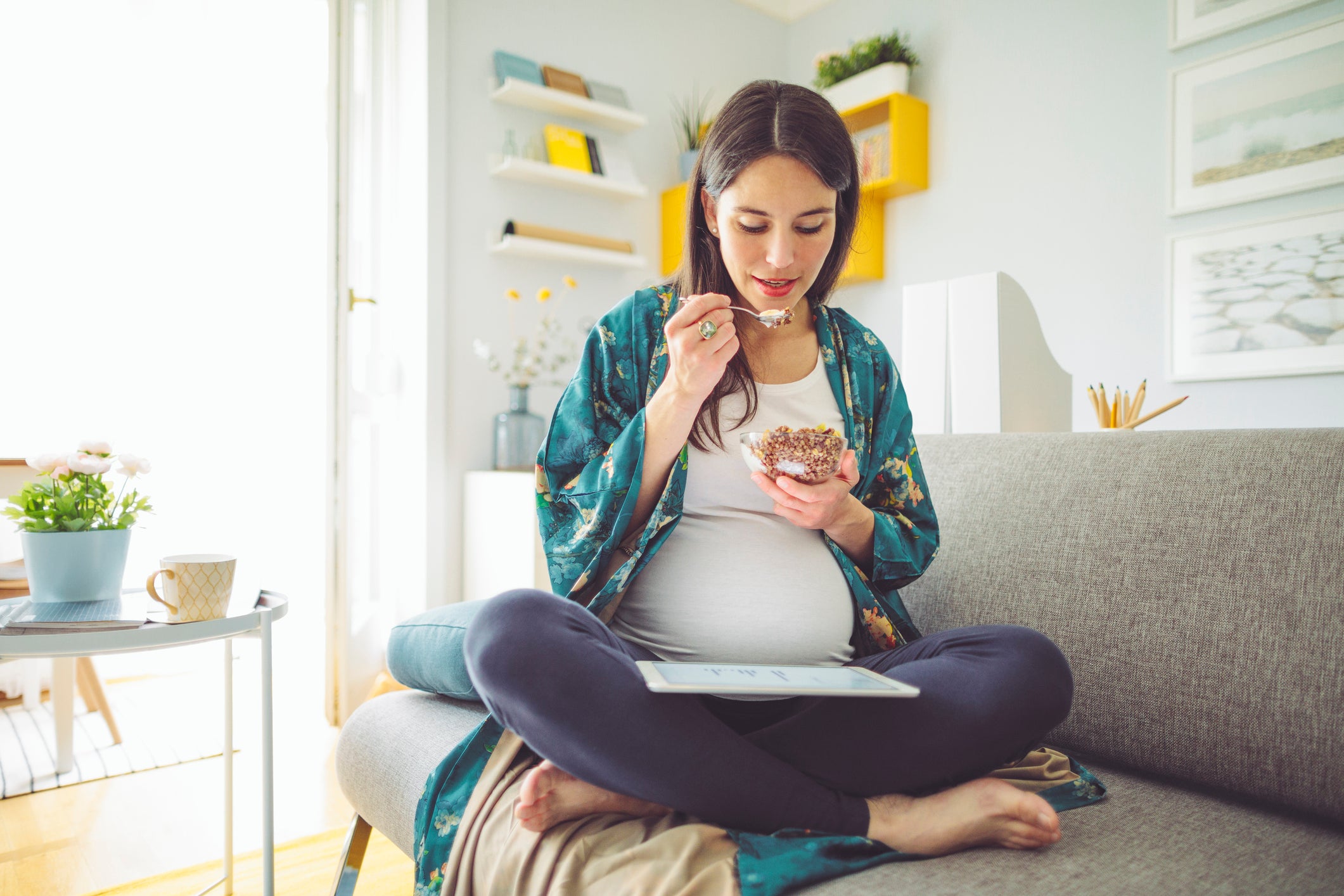Energy drinks increase stillbirth risk but pregnant women’s caffeine guidance is confusing
Eight babies are stillborn in UK every day

Your support helps us to tell the story
From reproductive rights to climate change to Big Tech, The Independent is on the ground when the story is developing. Whether it's investigating the financials of Elon Musk's pro-Trump PAC or producing our latest documentary, 'The A Word', which shines a light on the American women fighting for reproductive rights, we know how important it is to parse out the facts from the messaging.
At such a critical moment in US history, we need reporters on the ground. Your donation allows us to keep sending journalists to speak to both sides of the story.
The Independent is trusted by Americans across the entire political spectrum. And unlike many other quality news outlets, we choose not to lock Americans out of our reporting and analysis with paywalls. We believe quality journalism should be available to everyone, paid for by those who can afford it.
Your support makes all the difference.Expectant mothers are being warned about potentially confusing guidance on consuming caffeine while pregnant, as research suggests energy drinks could have potentially deadly consequences for their babies.
A new report by Tommy’s Maternal and Fetal Health Research Centre claims to have established a 27 per cent rise in the risk of stillbirth for each 100mg of caffeine consumed.
Researchers compared stillbirths to ongoing pregnancies among 1,000 women across 41 hospitals from 2014 to 2016 as well as interviewing women about their consumption of caffeinated drinks. They adjusted for demographic and behavioural factors, such as age and alcohol consumption, to determine whether stillbirth was linked to caffeine.
One in 20 women were found to have increased their caffeine intake while pregnant in spite of evidence some caffeinated drinks put babies lives at risk. However, experts say that calculating precise intake can be difficult, and guidance on limiting caffeine is not consistent
Pregnant women who consumed energy drinks were almost two times more likely to suffer a stillbirth, while drinking instant coffee and cola also increased the risk almost as much.
Stillbirth is when a foetus dies after 24 weeks’ gestation. One in every 250 pregnancies ends this way in the UK, or eight every day.
Researchers warned foetuses are unable to process caffeine in the same way adults can.
The NHS recommends pregnant women keep their daily caffeine intake below 200mg whereas the World Health Organisation stipulates 300mg as the safe amount to consume.
Tommy’s, a leading baby charity, called for both the NHS and the World Health Organisation to rethink such guidelines, but refused to outline a specific limit - saying it was the NHS and World Health Organisation’s responsibility to decide the recommendations in light of their new study.
Professor Alexander Heazell, an author of the study, said: “Caffeine has been in our diets for a long time, and, as with many things we like to eat and drink, large amounts can be harmful – especially during pregnancy. It’s a relatively small risk, so people shouldn’t be worried about the occasional cup of coffee, but it’s a risk this research suggests many aren’t aware of.
“Anyone planning to have a baby needs to know that consuming caffeine during pregnancy can raise the risk of stillbirth and other pregnancy complications, so it’s important to cut down as much as you can; the national guidelines should be the limit, not the goal, and the more you can cut down beyond that the better.
“Breaking habits can be hard, but little things like switching to decaf and swapping fizzy drinks for fruit juice or squash can really help reduce the risk.”
The professor of obstetrics at the University of Manchester urged pregnant women to consult their doctor or midwife or use Tommy’s caffeine calculator if they are “worried or confused”.
Charlotte Stirling-Reed, a registered nutritionist who has a three-year-old and a four-month-old, said: “Caffeine intake can be really confusing, even as someone with a background in nutrition; it can be hard to work out the amounts consumed, and many people just aren’t aware of how much caffeine is in some of their favourite foods and drinks.”
Researchers, whose study was published in the European Journal of Obstetrics and Gynaecology, said tea was the most popular form of caffeine consumed by pregnant women but this was not a substantial risk as it has relatively low levels of caffeine.
Campaigners recently told The Independent women who lose their child after suffering a miscarriage, stillbirth or neonatal death are let down by a lack of counselling and support to help them deal with the trauma.
Women often receive tragic news their baby has died in tiny cramped windowless rooms and busy outpatient areas — with women and partners saying health professionals were insensitive or that they felt rushed after hearing distressing news.
The Independent spoke to women whose lives have been irrevocably changed after losing their baby through a miscarriage, stillbirth or neonatal death to mark Baby Loss Awareness Week which runs from 5-11 October. Around 14 babies die before, during or soon after birth each day in the UK.


Join our commenting forum
Join thought-provoking conversations, follow other Independent readers and see their replies
Comments